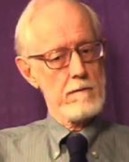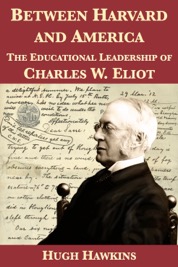
At Amherst, Hawkins held a joint appointment as professor of history and American studies. A civil rights activist, he flew to Selma, Alabama, in the summer of 1965 to participate in protests, and heard the Rev. Martin Luther King Jr. speak during a training session in Atlanta. Back at Amherst, he worked to expand diversity and to introduce African-American studies in the curriculum.
His first major book, Pioneer: A History of the Johns Hopkins University, published in 1960 received the American Historical Association’s Moses Coit Taylor Prize for best manuscript in intellectual history. His other books are Between Harvard and America: The Educational Leadership of Charles W. Eliot, Banding Together: The Rise of National Associations in American Higher Education, 1887-1950, and the more personal Railwayman’s Son: A Plains Family Memoir, They Spoke, I Listened: A Life in Quotes, and The Escape of the Faculty Wife and Other Stories.
As a gay professor who started teaching when his sexual orientation could end his career, Hawkins began in 1958 a long-term relationship with Walter Richard, with whom he shared a home in Plainfield, Massachusetts until Richard died in 2012.
Click on the cover for details about the eBook:




